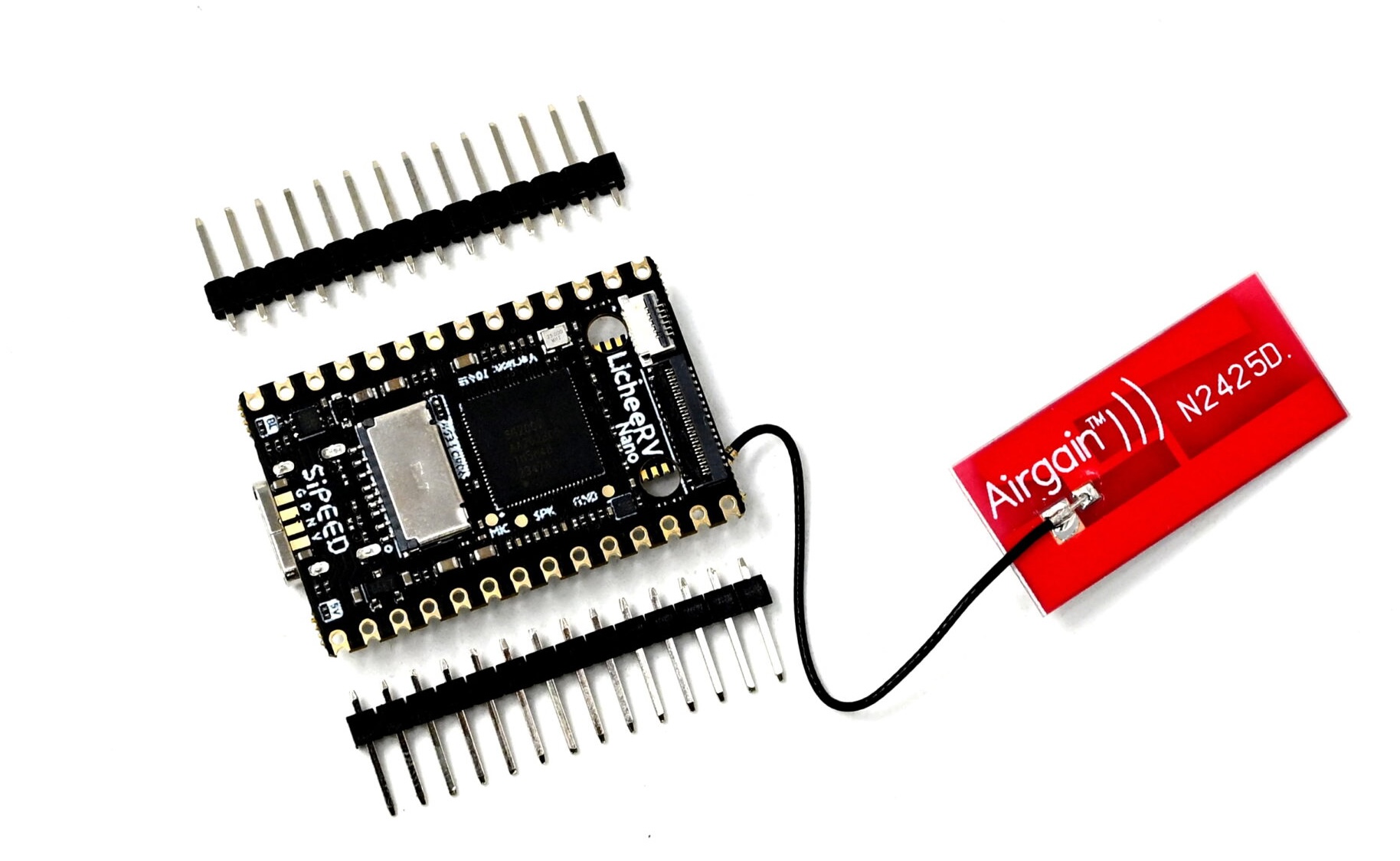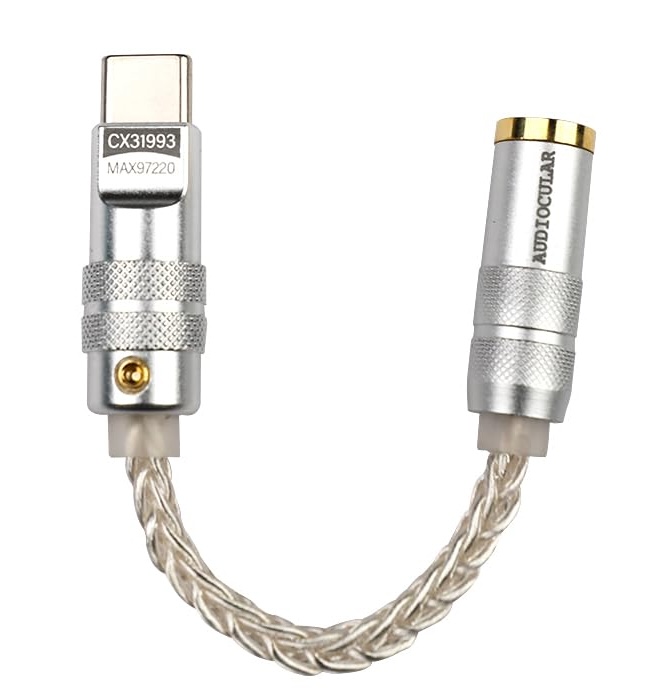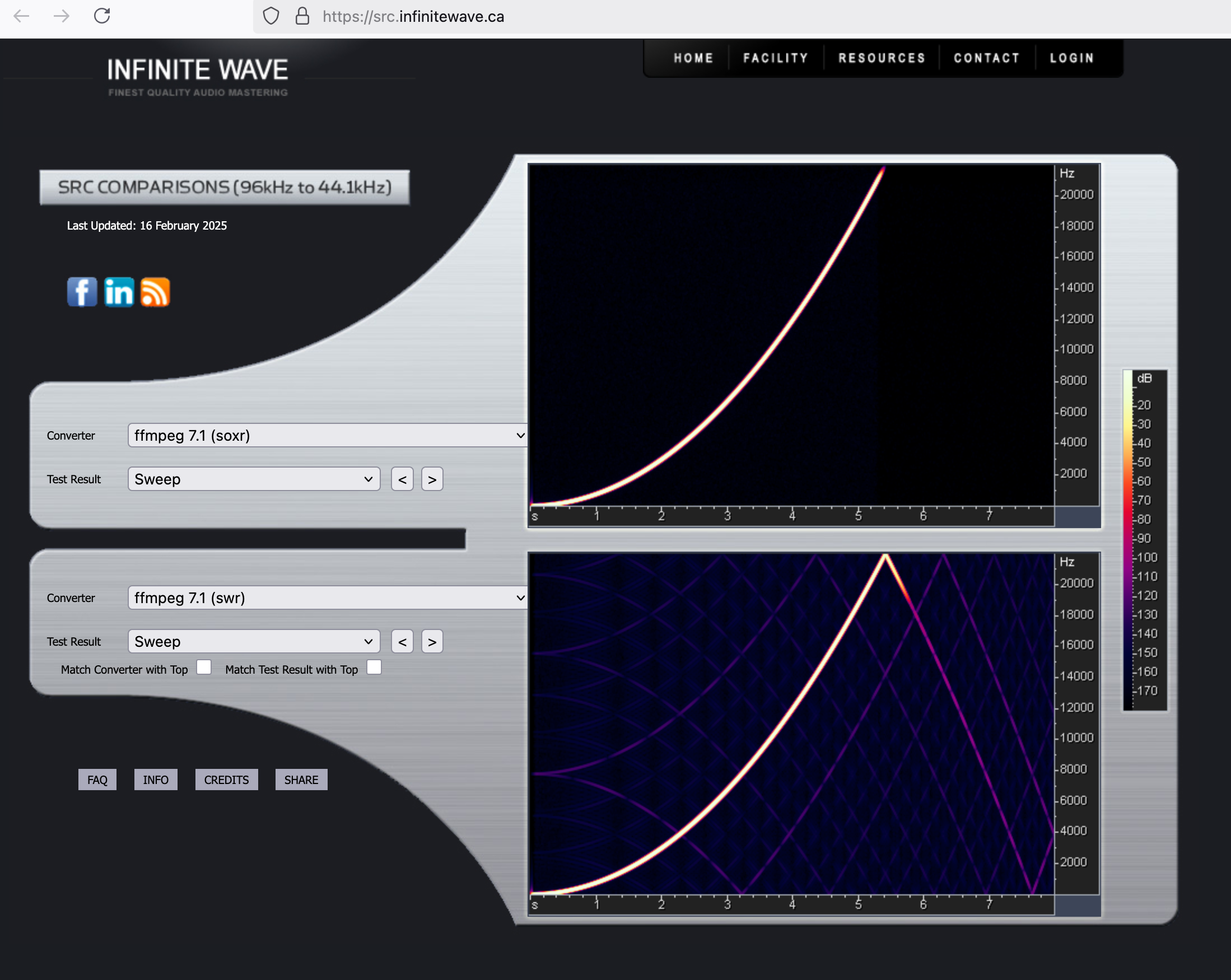Tangara is a pretty awesome project!
It recently inspired us to build a similar FOSS DAP product but at a much lower cost of <= 40 USD. Our initial tech stack: RP2350-Zero, PCM5102A 32-bit 384kHz DAC, Burr-Brown OPA1662 (specified for 3.3v) as the unity gain buffer and headphone driver, no explicit DC-DC converters anywhere, microSD card, everything will be a module if possible
We quickly got this prototype working on a breadboard and discovered some limitations:
No WiFi support - meaning the microSD card would need to be physically taken out to load (new) songs on to it
Perhaps no easy way to get 32-bit 192 kHz files playing
Limited codec support and no live codec swapping support in https://github.com/earlephilhower/BackgroundAudio library
We then even briefly considered using a ESP32-WROVER-E-N16R8 module (just like Tangara) to reuse the Tangara's firmware. However, we were NOT very excited about doing that.
Fast forward a few months…
Recently, I learned about the LicheeRV Nano (W) SG2002 WIFI6 board and it seems perfect for powering a full-fledged DAP!
New tech stack: Sipeed LicheeRV Nano (W) SG2002 WIFI6 board, AUDIOCULAR D07 CX31993 Portable DAC Amp


New projected cost: <= 40 to 50 USD!
Power source: We will have to use a 2x14500 Li-ion AA batteries it seems (we need 5V). Or perhaps we can get away with using a 1x14500 Li-ion cell as the LicheeRV Nano's operating range is 3.6~5.5V. To be figured out experimentally!
Note: For the initial version we might NOT need a custom PCB.
Current unknowns:
How well does the LicheeRV Nano support the USB DACs?
dhiru@zippy:/data/LicheeSG-Nano-Build $ rg USB | grep AUDIO | grep rvnano build/boards/sg200x/sg2002_licheervnano_sd/linux/sg2002_licheervnano_sd_defconfig:CONFIG_USB_U_AUDIO=y linux_5.10/arch/riscv/configs/sg2002_licheervnano_sd_defconfig:CONFIG_USB_U_AUDIO=yAt least the support for USB AUDIO is turned on by default.
Battery life?
Idle current consumption is hovering around 137mA @ 4.7V input - This was measured by an inline USB power meter. And when playing a 192 kHz ALAC file, the current consumption ranges between 180mA to 230mA. Power consumption as an active
Airplay 2 Receiveris 0.187mA @ 4.8V.Is there any power management (via frequency scaling) on the LicheeRV Nano board?
Seems yes, based on a https://community.milkv.io post.
Updated findings:
LicheeRV Nano supports USB-C DACs pretty well!
The
ffplayprogram runs into swapping issues and causes audio underruns!As usual,
mpdworks just fine and plays 24-bit 192 kHz files just fine.https://web.archive.org/web/20220505044524/http://www.2l.no/hires/ and https://www.oppodigital.com/hra/dsd-by-davidelias.aspx are pretty good for getting High-Resolution samples!
https://github.com/mikebrady/shairport-sync is magical and just works (even without any configuration!). LicheeRV Nano works very well as a
AirPlay 2 Receiver!A special shoutout goes to https://github.com/scpcom and other folks for building and maintaining a Linux distribution for LicheeRV Nano devices.
References:
https://github.com/scpcom/LicheeSG-Nano-Build/issues/10 (Upstream wishlist of sorts)
Sansa Clip specs (for reference): Multi-bit Sigma Delta Converters - DAC: 18bit with 94dB SNR ('A' weighted), 2 x 60mW @ 16Ω driver capacity (stereo headphone audio amplifier)
https://wiki.sipeed.com/hardware/en/lichee/RV_Nano/1_intro.html
http://cn.dl.sipeed.com/shareURL/LICHEE/LicheeRV_Nano/01_Specification
https://cn.dl.sipeed.com/shareURL/LICHEE/LicheeRV_Nano/02_Schematic
https://github.com/sophgo/sophgo-doc/releases/download/sg2002-trm-v1.02/sg2002_trm_en_v1.02.pdf
https://www.lcsc.com/datasheet/lcsc_datasheet_2407031102_TMI-TMI7003C_C840566.pdf
Notes:
I see the Audiocular D07 DAC in action while playing the FLAC files from https://www.oppodigital.com/hra/dsd-by-davidelias.aspx webpage.
# cat /proc/asound/card0/pcm0p/sub0/hw_params
access: RW_INTERLEAVED
format: S24_3LE
subformat: STD
channels: 2
rate: 96000 (96000/1)
period_size: 12000
buffer_size: 48000
While playing a DSD64 file from the same webpage, I see:
# cat /proc/asound/card0/pcm0p/sub0/hw_params
access: RW_INTERLEAVED
format: S24_3LE
subformat: STD
channels: 2
rate: 384000 (384000/1)
period_size: 43690
buffer_size: 174762
Nice!
# cat /etc/mpd.conf
#
# Sample configuration file for mpd
# This is a minimal configuration, see the manpage for more options
#
# Directory where the music is stored
music_directory "/root/music"
# Directory where user-made playlists are stored (RW)
playlist_directory "/var/lib/mpd/playlists"
# Database file (RW)
db_file "/var/lib/mpd/database"
# Log file (RW)
log_file "/var/log/mpd.log"
# Process ID file (RW)
pid_file "/var/run/mpd.pid"
# State file (RW)
state_file "/var/lib/mpd/state"
# User id to run the daemon as
#user "nobody"
# TCP socket binding
bind_to_address "any"
#bind_to_address "localhost"
# Unix socket to listen on
bind_to_address "/var/lib/mpd/socket"
audio_output {
type "alsa"
name "My ALSA Device"
device "hw:0,0" # optional
mixer_type "disabled" # optional
}
The following command is quite necessary:
ffmpeg -i 04.\ Marooned.m4a -vn 04.\ Marooned.flac
Why? The mpd process can start consuming almost 60MB of RAM if FFmpeg support is compiled in. FFmpeg is a "bloatware" on smaller systems (yes, I just said that…) it seems. Perhaps, we can trim down the FFmpeg bits to a bare minimum - to be investigated - FFmpeg is one of the best maintained software out there and we want to make use of it! Without FFmpeg support compiled in, mpd's memory consumption hovers around 13MB.

By converting 24-bit 192 kHz Hi-Res ALAC files into FLAC, we avoid having to use the FFmpeg audio pipeline to decode the .m4a files! As a bonus mpd will actually put the DAC mode in correct mode when playing these Hi-Res FLAC files.
TLDR version: Keep using BR2_PACKAGE_MPD_FFMPEG=n for SBCs with "tiny" amounts of RAM.
Update: @FFmpeg folks on Twitter kindly pointed out the --disable-everything build option. After narrowing down the final build options to ./configure --disable-everything --enable-libfdk-aac --enable-demuxer=mov --enable-protocol=file --enable-nonfree --enable-decoder=alac --enable-filter=aresample, I was able to reduce the RAM usage of mpd to around 28 MB (from ~60MB earlier). The system no longer swaps - yay!
With 04. Marooned.m4a (192000 Hz, s32p - 24 bit) track playing,
# cat /proc/asound/card0/pcm0p/sub0/hw_params
access: RW_INTERLEAVED
format: S32_LE
subformat: STD
channels: 2
rate: 192000 (192000/1)
period_size: 24000
buffer_size: 96000
All is well!
Update (22-April-2025): Paul B. Mahol pointed out that aresample (as the default resampling filter) is awful. The following screenshot perhaps captures this awfulness?

(Screenshot via https://src.infinitewave.ca/)
We will be looking into enabling soxr based resampling soon (./configure --enable-libsox). Next, we need to confirm that mpd is using this feature correctly (-af aresample=resampler=soxr).